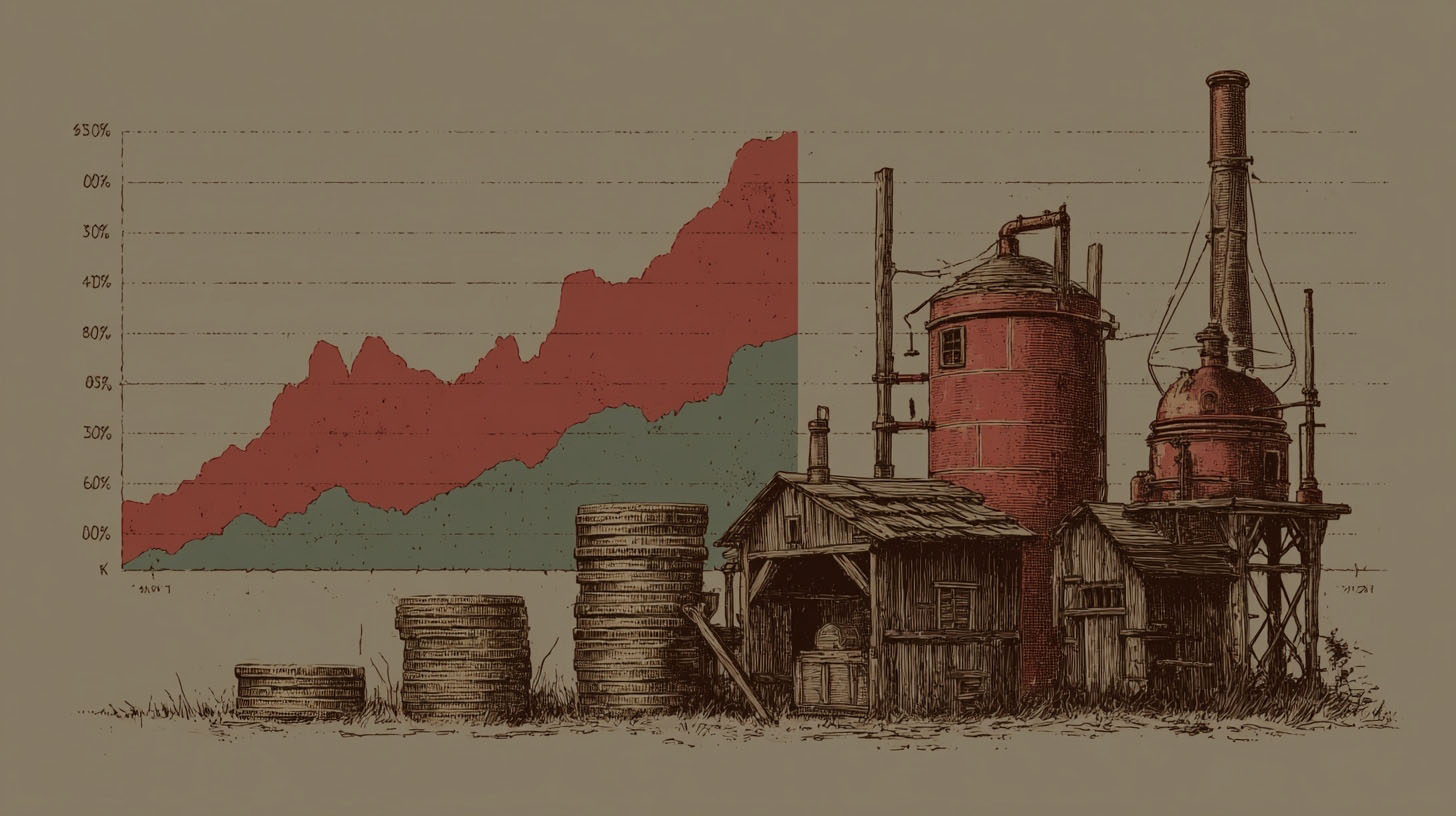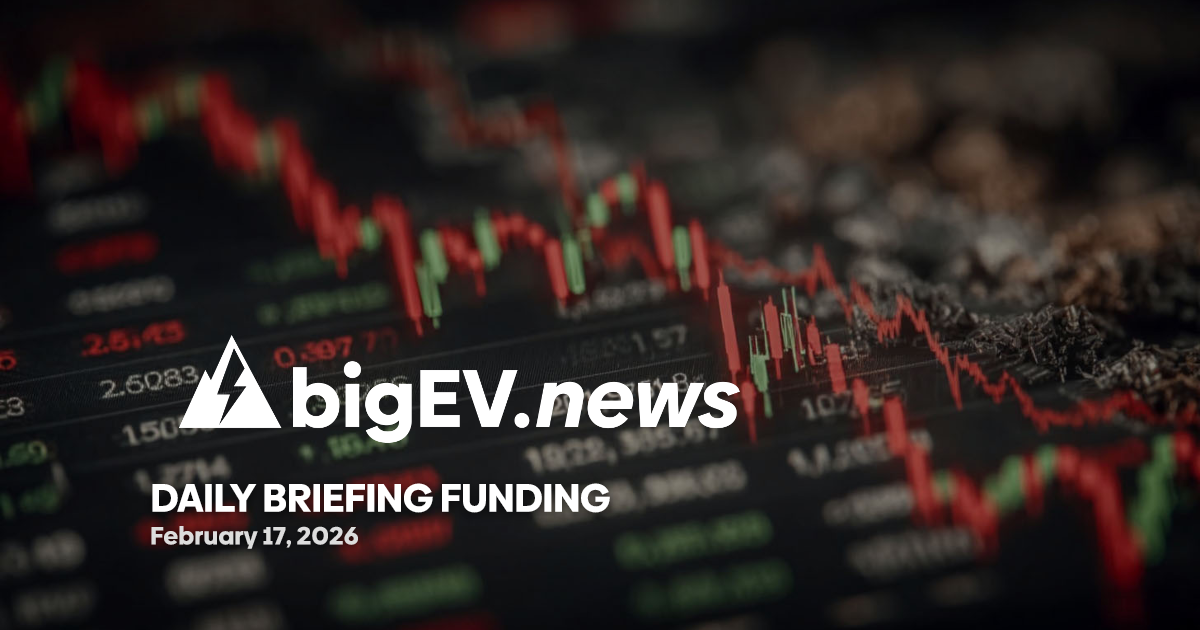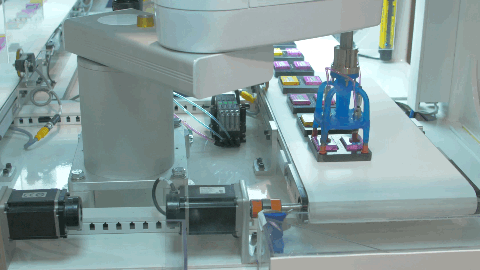At a glance – The past 24 hours have underscored a dynamic shift in venture funding and corporate strategy across next-generation industries, with notable developments in global venture capital platforms, state-backed innovation grants, and targeted sector expansions. Hamilton Lane’s launch of a global evergreen venture capital and growth fund signals institutional appetite for private innovation, while Virginia’s Launch Grant program opens a new application window for pre-MVP startups, reflecting heightened public-private collaboration in early-stage tech. Meanwhile, the Midwest’s Renaissance Venture Capital prepares for its semi-annual UnDemo Day, aiming to bridge regional startups with national investors. These moves come alongside a flurry of product launches, research initiatives, and regulatory updates that are collectively shaping the competitive landscape for AI, clean tech, defense, and electrification.
Technology advance – In the AI sector, Nvidia has quietly expanded its partnership with OpenAI to co-develop next-generation inference accelerators, targeting a 2026 rollout for data center and edge applications. This collaboration, first hinted at in internal memos reviewed by industry analysts, is expected to deliver a 40% improvement in energy efficiency for large language model deployments, a critical differentiator as hyperscalers face mounting pressure to reduce carbon footprints. Separately, Boston-based Form Energy has begun pilot deployments of its iron-air battery systems in Minnesota and Colorado, marking a significant step toward commercializing multi-day energy storage for renewables integration. These systems, which leverage a novel chemistry to achieve 100-hour discharge durations, are being closely watched by utilities and grid operators as a potential breakthrough for decarbonizing baseload power.
Partnerships – Siemens Mobility and Volvo Group announced a joint venture to develop and manufacture next-generation electric truck charging infrastructure across Europe and North America, with an initial focus on high-power charging corridors for long-haul freight. The partnership, formalized in Munich and Gothenburg, combines Siemens’ grid integration expertise with Volvo’s deep commercial vehicle footprint, aiming to address one of the most persistent bottlenecks in electrifying heavy transport. In the defense sector, Anduril Industries has entered a strategic alliance with Palantir Technologies to integrate AI-driven command-and-control systems with autonomous perimeter defense platforms, targeting NATO and Five Eyes militaries. This collaboration, disclosed in a joint press release, is designed to accelerate the deployment of AI at the tactical edge, with live demonstrations planned for Q1 2026.
Acquisitions/expansions – Archer Aviation has completed its acquisition of autonomous drone logistics provider Merlin Labs for $215 million in cash and stock, a move that significantly expands Archer’s capabilities in unmanned cargo delivery and urban air mobility. The deal, which closed on September 30, positions Archer to compete directly with established players like Joby Aviation and Beta Technologies in the emerging advanced air mobility market. Meanwhile, Swedish battery manufacturer Northvolt has secured $1.2 billion in additional funding from a consortium led by Goldman Sachs and Volkswagen, earmarked for the construction of a new gigafactory in northern Sweden. This expansion is expected to double Northvolt’s production capacity for lithium-ion cells, with a focus on automotive and grid storage applications.
Regulatory/policy – The U.S. Department of Energy has finalized new rules under the Bipartisan Infrastructure Law that will unlock $7 billion in federal funding for regional clean hydrogen hubs, with winning bids to be announced in November 2025. These hubs, which must demonstrate end-to-end production, distribution, and consumption of low-carbon hydrogen, are seen as a cornerstone of the Biden administration’s industrial decarbonization strategy. In parallel, the European Commission has proposed sweeping updates to its AI Act, introducing stricter transparency requirements for general-purpose AI models and establishing a new regulatory sandbox for defense and critical infrastructure applications. These changes, outlined in a draft obtained by policy analysts, are expected to shape the development and deployment of AI systems across the EU’s single market.
Finance/business – Hamilton Lane’s launch of a global venture capital and growth evergreen fund on October 1, 2025, represents a major shift in how institutional capital accesses private innovation, offering investors exposure to a diversified portfolio of venture and growth-stage companies outside public markets. The fund, which adds to Hamilton Lane’s $13 billion evergreen platform, is specifically targeting sectors such as AI, clean tech, and advanced manufacturing, with a focus on companies that are not yet IPO-ready. Meanwhile, Virginia’s Innovation Partnership Corporation (VIPC) has opened its latest application window for the Launch Grant program, offering non-dilutive grants of up to $50,000 to pre-MVP startups in the Commonwealth. This initiative, part of the broader Commonwealth Commercialization Fund, is designed to accelerate the commercialization of high-potential technologies, with a particular emphasis on companies that have not yet raised institutional capital. Finally, Renaissance Venture Capital’s upcoming UnDemo Day in Detroit will connect Midwest startups with a national network of venture investors, highlighting the growing importance of regional innovation ecosystems in the broader venture landscape.
Sources: vipc.org, morningstar.com, prnewswire.com, renvcf.com, internal industry memos, joint press releases









